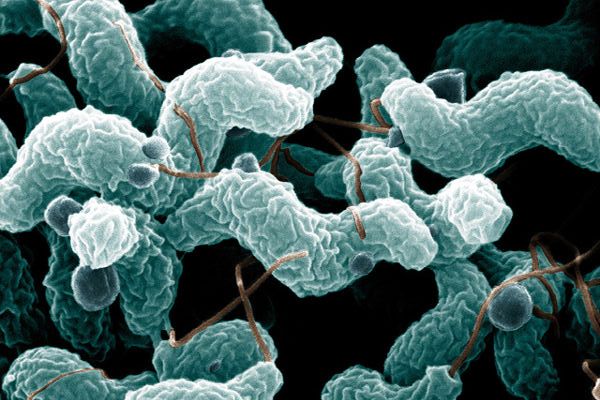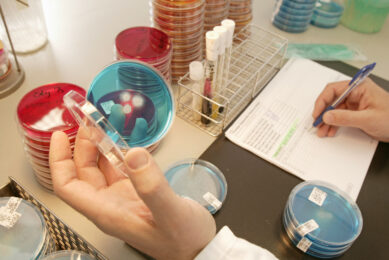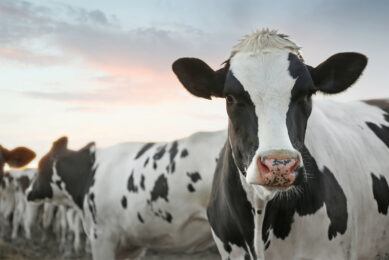RESEARCH: Campylobacter strains in antibiotic-free pigs

Campylobacter coli strains have been discovered in both antibiotics-free and in conventionally raised pigs, US scientists at North Carolina State University revealed.
The strains of antibiotic-resistant Campylobacter coli in both antibiotic-free (ABF) and conventionally raised pigs were identical. This finding, published in the open access journal Plos, may be indicating that regardless of what antimicrobial programme a pork producer may choose, antibiotic-resistant pathogens may still persist in the environment.
The objective of the study was to compare the population biology of antimicrobial resistant (AR) Campylobacter coli isolated from swine reared in the conventional and antimicrobial-free swine production systems at farm, slaughter and environment.
Samples
A total of 200 C. coli isolates selected from faecal, environmental, and carcass samples of antimicrobial-free and conventional swine production systems were typed by multi-locus sequence typing.
Identical sequence types were detected between the pigs and their environment both at farm and slaughter. A minimum spanning tree revealed the close clustering of C. coli sequence types that originated from swine and carcass with those from the environment. In conclusion, our study reveals a genotypic diverse C. coli population that shares a common ancestry in the conventional and antimicrobial-free swine production systems. This could potentially explain the high prevalence of antimicrobial resistant C. coli in the antimicrobial-free system in the absence of antimicrobial selection pressure.
Related website:
• North Carolina State University











